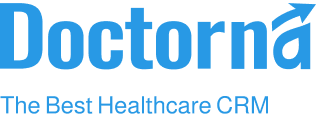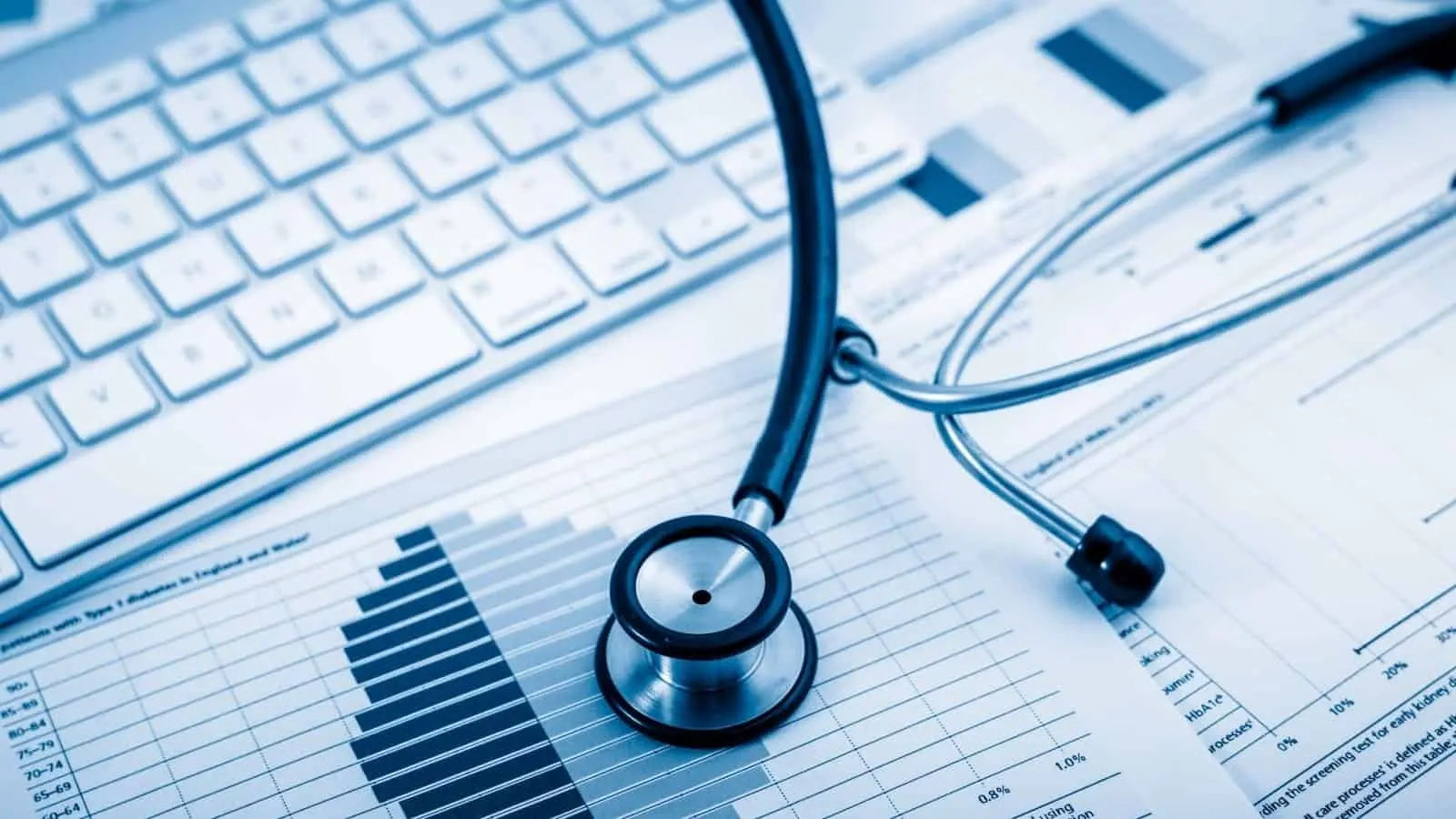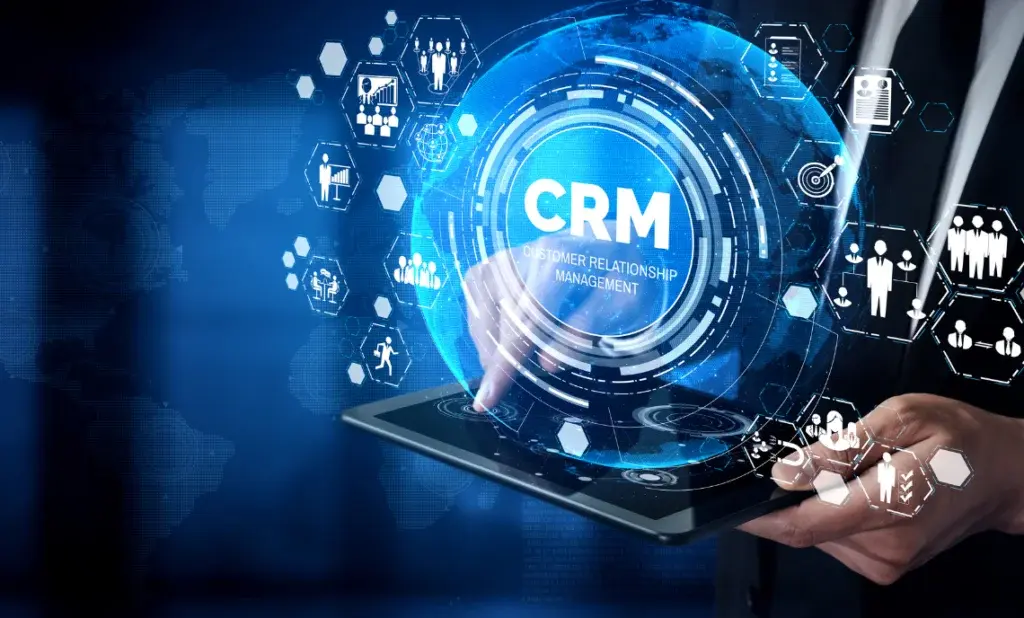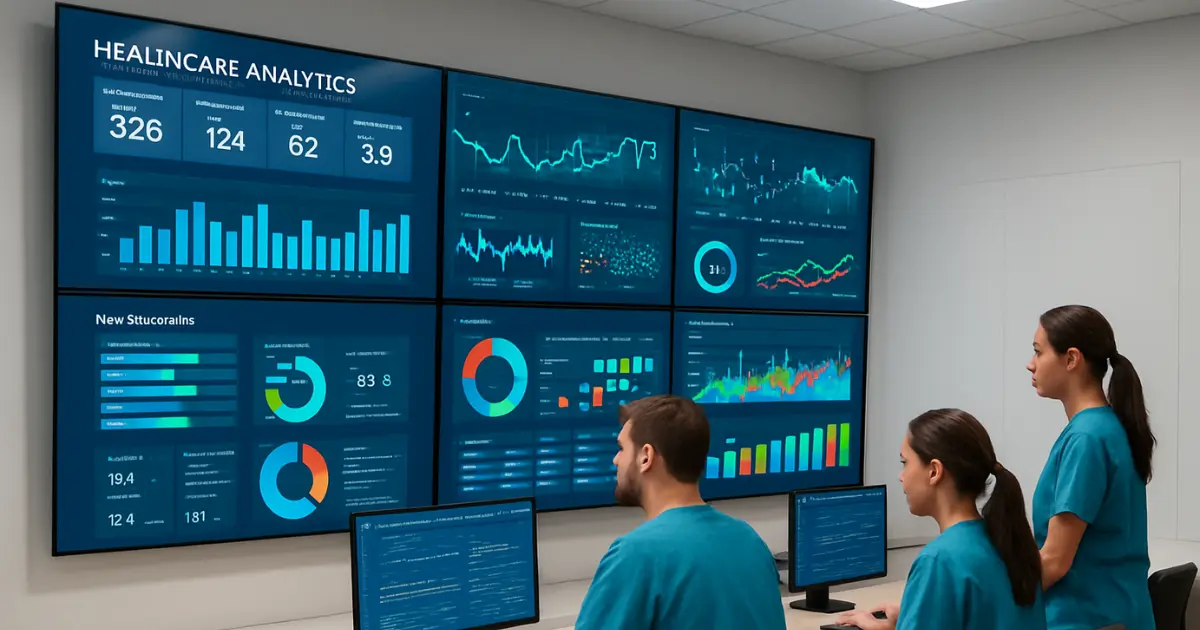In the ever-evolving world of healthcare, building and maintaining strong patient relationships has become just as important as providing quality medical care. With patients expecting personalized, seamless, and efficient experiences, healthcare providers are increasingly turning to Customer Relationship Management (CRM) systems to meet these expectations.
A well-implemented Healthcare CRM does far more than store patient data—it helps hospitals, clinics, and private practices create meaningful, long-term connections with patients that foster trust, loyalty, and engagement.
1. Understanding Healthcare CRM
A Healthcare CRM is a specialized platform designed to manage patient interactions, streamline communication, and improve overall patient experience. It consolidates data from various touchpoints—appointments, medical history, billing, feedback, and follow-ups—into one centralized system.
By offering a 360-degree view of each patient, healthcare organizations can deliver more personalized and efficient services, ensuring patients feel valued and understood.
2. Personalized Patient Engagement
Modern patients expect care that goes beyond the clinic. A CRM enables healthcare providers to tailor their communication and services according to each patient’s needs.
For example, by analyzing patient preferences, demographics, and treatment history, healthcare professionals can:
- Send personalized appointment reminders
- Recommend relevant wellness programs
- Offer customized health tips or follow-up schedules
This personalization fosters a sense of care and attention that strengthens trust—an essential foundation for long-term patient relationships.
3. Streamlined Communication and Follow-ups
One of the key reasons patients switch healthcare providers is poor communication. CRMs solve this problem by automating and organizing all communication channels—email, SMS, calls, and even social media.
Automated follow-ups ensure that no patient is forgotten after their visit. Whether it’s a post-treatment check-in or a reminder for annual health screenings, a CRM helps healthcare professionals maintain continuous engagement. This consistent interaction keeps patients connected and loyal to the healthcare provider.
4. Enhancing Patient Experience Through Data Insights
A CRM captures a wealth of data—from patient feedback to appointment frequency. When this data is analyzed, it provides actionable insights into patient behavior and satisfaction.
For instance, if analytics show that a significant number of patients cancel appointments at a particular stage, providers can investigate and improve that process. Similarly, patient feedback collected through CRM surveys helps identify areas needing improvement.
By continuously enhancing patient experience through data-driven strategies, healthcare organizations can build stronger, lasting relationships grounded in trust and satisfaction.
5. Efficient Appointment and Care Coordination
Long waiting times and scheduling conflicts are major sources of patient dissatisfaction. A CRM integrates with appointment systems to optimize scheduling, minimize double-bookings, and send reminders to both patients and doctors.
Additionally, for multi-specialty hospitals, CRMs streamline inter-departmental communication, ensuring that care plans are consistent and well-coordinated. This efficiency not only enhances operational productivity but also reassures patients that their care is being handled professionally and smoothly.
6. Building Trust Through Transparency
Trust is at the heart of every successful patient relationship. A CRM contributes to transparency by giving patients easy access to their health information, treatment updates, and billing details through patient portals or automated updates.
When patients are informed and feel involved in their healthcare journey, their trust in the organization deepens. Over time, this trust evolves into long-term loyalty, encouraging patients to return and even refer others.
7. Automating Preventive Care and Health Reminders
Preventive care is an essential part of maintaining patient health and reducing hospital readmissions. CRMs can automatically send timely reminders for vaccinations, health check-ups, and screenings based on each patient’s medical history.
Such proactive communication demonstrates genuine concern for patient well-being and positions the healthcare provider as a partner in health—rather than just a service provider. This ongoing engagement encourages patients to stay connected for the long term.
8. Strengthening Marketing and Retention Strategies
Healthcare CRMs are powerful tools for patient retention and marketing. They help segment patients based on demographics, conditions, or visit frequency, allowing providers to design targeted campaigns.
For instance, clinics can promote seasonal health programs, new treatments, or wellness plans to specific groups who would benefit the most. This level of targeted communication keeps patients engaged while driving higher retention and referrals.
9. Supporting Better Patient-Provider Collaboration
Effective collaboration between patients and providers is key to long-term success. With CRM-integrated communication tools, healthcare providers can offer secure messaging, share test results, and track progress efficiently.
When patients can easily reach out, ask questions, and receive quick responses, they feel more valued and supported. This open line of communication fosters a collaborative healthcare environment where patients are active participants in their care journey.
10. Ensuring Continuity of Care
Patients often interact with multiple departments and specialists throughout their healthcare journey. A CRM ensures continuity of care by maintaining a unified patient record accessible across departments.
This means every physician involved has a complete understanding of the patient’s history, treatments, and preferences, ensuring consistent and coordinated care—a key factor in long-term satisfaction.

Conclusion
In today’s patient-centered healthcare landscape, building long-term relationships requires more than medical expertise—it demands consistent, personalized engagement and trust.
A Healthcare CRM serves as the foundation for achieving this goal. By enabling seamless communication, personalized care, data-driven insights, and efficient coordination, CRMs help healthcare organizations nurture meaningful relationships that last well beyond a single appointment.
When implemented effectively, a CRM transforms patient interactions into long-term partnerships—making healthcare not just a service, but a lifelong experience rooted in trust, care, and connection.







